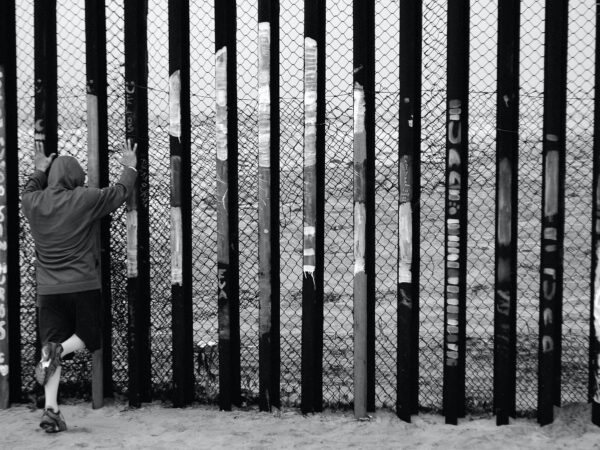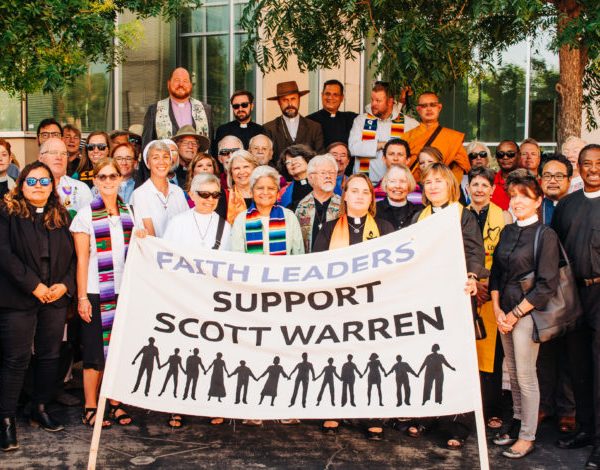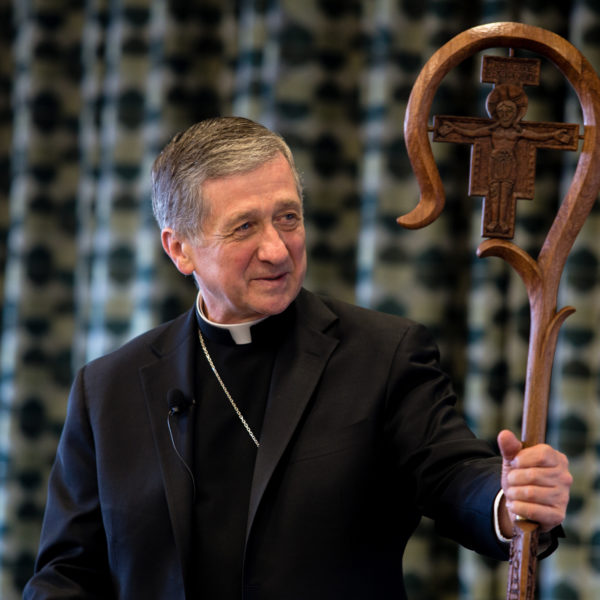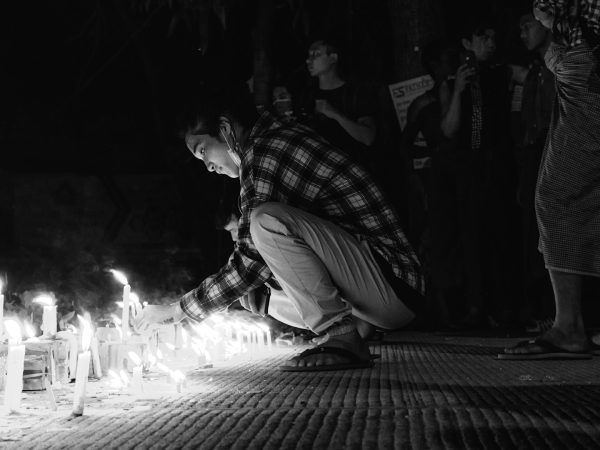
While deeply engaged with the concerns of everyday life such as healing, feeding, and engaging people in matters of justice and community, Jesus offers an alternative vision: one shaped by self-giving love and radical faithfulness to God’s kingdom, rather than by the structures and strategies of empire.

In our zeal for the projects to which we commit ourselves, especially when we see them as responding to God’s call upon our lives, we risk a myopia that obscures our perception of other realities. Elijah’s story serves as both a warning and a source of hope to those of us inclined to abandon the institutional church, reminding us that there are likely many others who share our deepest commitments, even if these others remain invisible to us for now.

David Brazil, Sarah Pritchard, Precious Bedell, and Joshua Dubler discuss the foundations of a national jail and prison ministry.
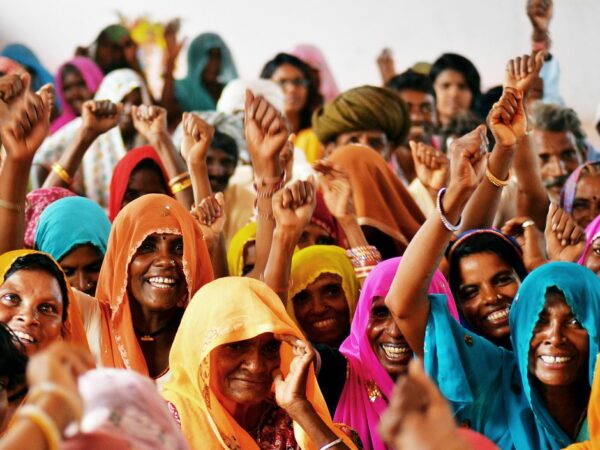
When leading members in the church uncritically participate in class based favoritism, they become complicit in oppression. The message of James is simple and arresting. Judgement awaits those who ignore God’s preferential option for the poor and become participants in prevailing discriminatory logics.

Compassion and solidarity make for a powerful bond between God and humanity.
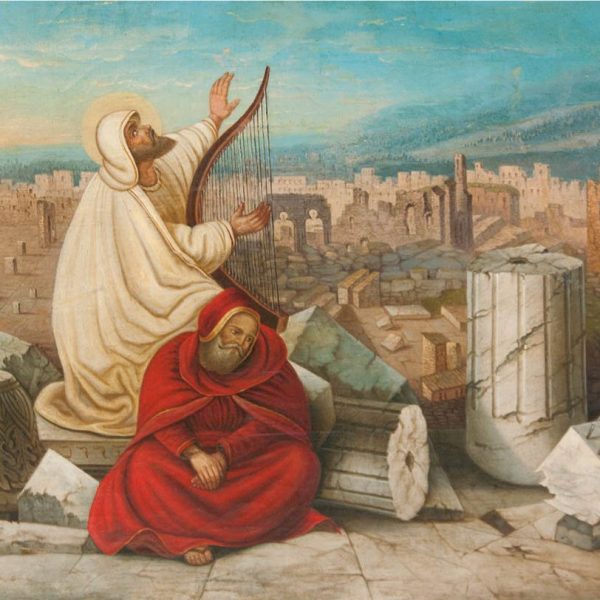
Our societies are built upon the oppression of the poor and marginalised and yet, unless we remove ourselves entirely from the web of cords, laws, taxes, products, and biological needs inherent in twenty-first century life, we are forced to participate in the oppression of others, and the destruction of our habitats. We see, we know that the world is on the brink, yet we cannot escape. Facing such a reality, Jeremiah offers us a way forward: we lament, we express our rage, we retain hope by continuing to call for change, and through it all we never allow ourselves to be numbed or silenced by the enormity of it all.

